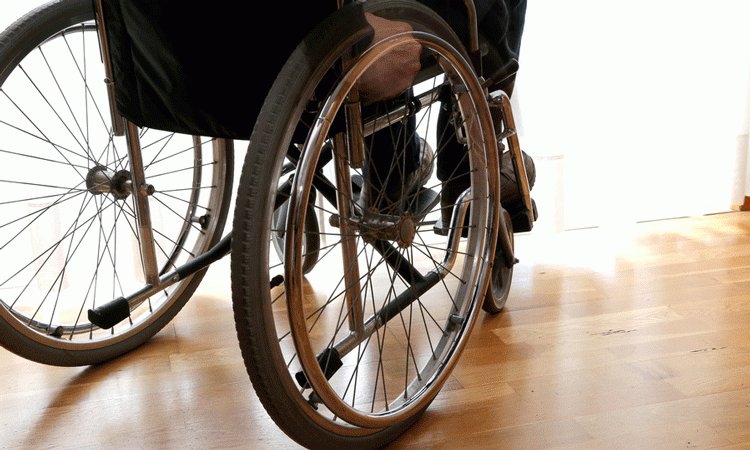New drug for ALS ready for clinical trials
Posted: 26 July 2018 | Drug Target Review | 1 comment
Previous studies have suggested that a gene therapy drug may be used to treat ALS…


Signs of amyotrophic lateral sclerosis (ALS) in rodents were delayed by injecting them with a second-generation drug designed to silence the gene superoxide dismutase 1 (SOD1).
Researchers funded by the National Institutes of Health (NIH) suggest the results indicate that the newer version of the drug may be effective at treating an inherited for of the disease, caused by SOD1 mutations.
The drug is currently being tested in an ALS clinical trial.
ALS is the name of a group of neurological diseases that involve neurons responsible for voluntary muscle movement; activating muscles and causing patients to lose muscle strength. Patients may also lose their ability to speak, breathe, swallow and move, with the majority dying within three to five years from the onset of symptoms.
Previously, studies have suggested that a gene therapy drug, called an antisense oligonucleotide may be used to treat ALS caused my mutations in SOD1. These drugs ‘turned off’ SOD1 by latching onto versions of the gene encoded in mRNA, tagging them for disposal, and preventing the production of the SOD1 protein.
Current phase I clinical trials were introduced on the newer drug as the study determined it to be more effective than the previous version. In vivo investigations used rats and mice genetically modified to carry normal or disease-mutant versions of the human gene SOD1.
The team discovered that this newer version of the drug was more efficient at reducing normal human SOD1 mRNA levels in both rats and mice. Genetically modified rats carrying the disease lived much longer with this drug, that the initial one, and injecting the drug delayed the age at which mice carrying the mutant gene had trouble balancing on a rotating rod – appearing to prevent muscle weakness and loss of connections between muscles and nerves.
Researchers suggested this may treat muscle activation problems caused by ALS.
The results of the study were published in the Journal of Clinical Investigation.
Related topics
Clinical trials, Disease research, Drug Delivery, Drug Development, Drug Discovery, Drug Discovery Processes, In Vivo, microRNA, Protein, Research & Development
Related conditions
Amyotrophic Lateral Sclerosis (ALS)
Related organisations
National Institutes of Health




MND ALS (amyotrophic lateral sclerosis) or any other disease natural organic remedies are always work on acidity treatment, if we maintain diet plan and use totalcureherbsfoundation then we get fast relief from this problem.